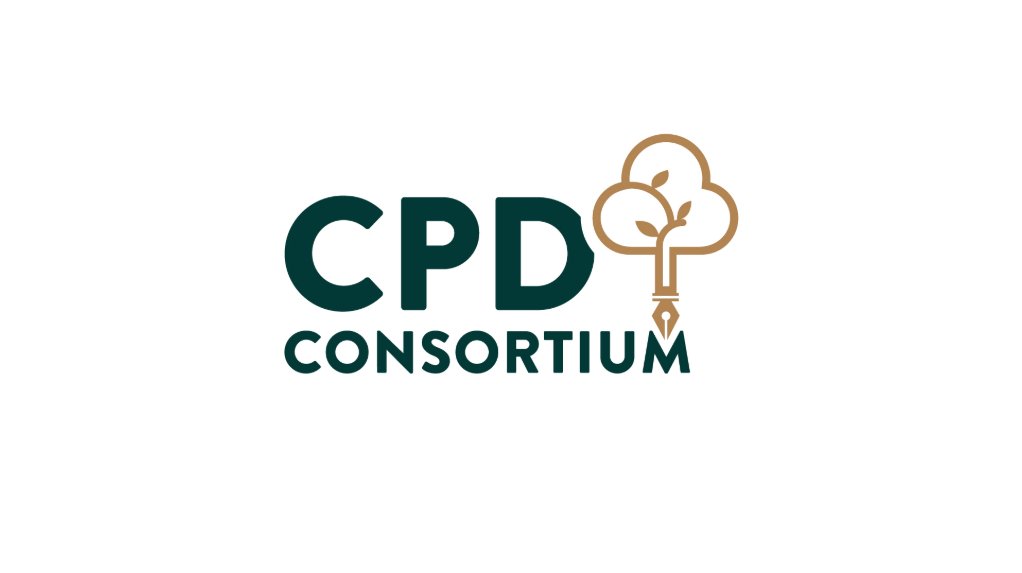After years of threatening non-compliant trusts with administrative penalties for non- or late submission of annual income tax returns as required by law, the South Africa Revenue Service’s (Sars) leniency in imposing these penalties, seems to be coming to an end.
Sidney Fletcher, Senior Manager for Trust Tax Compliance at Tax Consulting SA, said the industry expects that from April 2025, Sars will start introducing administrative penalties for trusts for non-submission of trust income tax returns retrospectively, and going forward, for non-submission of trust IT3(t) third party data returns.
Presenting at a webinar about preparations for the looming trust tax filing deadline, Fletcher said the expected penalties for non-submission underscores the urgency for trusts to ensure their systems and information align with Sars’ requirements.
Sars will have discussions with Recognised Controlling Bodies about administrative penalties, but it is difficult to see why the Revenue Service will be graceful and put off imposing penalties for much longer, Fletcher said.
Roxshanna du Toit from CPD Consortium, who hosted the webinar, said Sars lays the tax compliance responsibility fully at the feet of trustees. With the deadline for trust tax submissions only days away, on Monday 20 January 2025, trustees should get their ducks in a row.
Sars Executive Advocate Sam Murugan stated in a Sars presentation last November on trust compliance that the tax authority sees a worryingly high level of non-compliance among trusts regarding registration, filing, declarations and payment.
All trusts, operational or not, must submit an annual tax return. This has been a requirement for more than two decades. If you have fallen behind, make sure you catch up with your filing, a Sars official said during this presentation.
All trusts must be registered with Sars, and not just with the Master of the High Court. Data analysis however show it takes trusts on average two and a half years after registering with the Master, before registering with Sars.
Further to this, Murugan warned trusts to file accurate tax returns on time as delays or inaccuracies can lead to punitive measures which can be costly for trust taxpayers.
Fletcher said Sars will not impose penalties for the current year of assessment for non-submission of required trust IT3(t) returns, but submission is strongly encouraged to establish a compliant track record.
According to Du Toit the topic of administrative penalties for non-compliant trusts is often “given little attention”.
“Many have not taken trust compliance as seriously as they should. For years, Sars has warned trusts about administrative penalties but has refrained from enforcing them. This inaction may have led trusts to underestimate the seriousness of these warnings. However, this is now expected to change.”
Even if April 2025 is not “D-day” for trusts who fail to submit annual tax returns, we are nearing the end of Sars’ grace pertaining to administrative penalties. The massive trust reform over the past two years should tell us that Sars means business, she said.
“Trustees should have recognised the growing focus of Sars on the tax compliance of the trusts under their care. The formal implementation of administrative penalties is now a key step in Sars’ strategy to enforce trust taxpayer compliance.”
Fletcher also had important advice for trusts who see themselves as dormant or passive and therefore did not bother to submit trust tax returns for many years. In Sars’ view there is actually no such thing as a dormant trust because it has assets (e.g. lifestyle assets such as plots, flats or exotic cars), and liabilities including interest-free loans and other funding methods (e.g. donations.) “A nil return does not equate to dormancy if any income, expenses or liabilities exist.”
A passive trust must be passive for the entire tax year to be viewed as such, but even passive trusts must submit beneficial ownership details.
Sars aims to record all beneficial owners of registered trusts to ensure compliance with the Financial Action Task Force (FATF) requirements. FATF identified several action items to be addressed before South Africa can exit the grey list. Countries on the grey list are subject to stricter monitoring of financial institutions to prevent terrorism financing and money laundering. The stricter monitoring brings additional costs for financial institutions.
Du Toit reiterated Sars’ stringent requirements for trusts when submitting tax returns as part of expanded trust reporting. Sars now requires the submission of minimum compulsory supporting documents as part of a trust tax return.
Sars does not consider the tax return as filed if any of the following documents are not submitted as well:
- Trust Annual Financial Statements or Trust Administration Statements;
- Minutes of Trustee Meetings and Resolutions passed by Trustees;
- Trust Instrument (Will or Trust deed);
- Beneficial Ownership Document; and
- Letter of Authority.
Sars may also require additional supporting documentation over and above the abovementioned documents as part of a Sars verification of the trust return. The scope of the verification requests as per Sars communication, comes down to unprecedented scrutiny with up to 15 separate points to address in each verification letter, Du Toit said.
The questions can relate to foreign investments and foreign tax credits (with seeking the precise name of the tax and foreign country and name of the law under which the tax was imposed); beneficiary information such as income tax numbers, ID numbers or residency status; requests for trust bank account information and comprehensive detail on the funding of the trust (loan agreements and trustee resolutions authorising the funding structures of the trust).
Considering this, Sars reiterated the office of trustee should not be taken up lightly. It is an office of importance and trustees should not look to abdicate their authority, responsibilities and other requirements laid down by the law.
Submitted by CPD Consortium
EMAIL THIS ARTICLE SAVE THIS ARTICLE ARTICLE ENQUIRY FEEDBACK
To subscribe email subscriptions@creamermedia.co.za or click here
To advertise email advertising@creamermedia.co.za or click here











